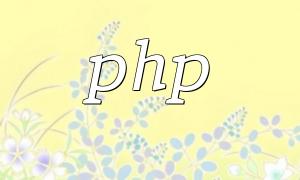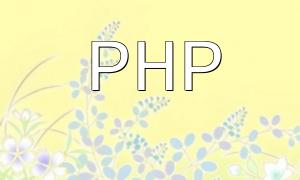WP_Query is a powerful query class in WordPress that allows you to query posts based on various conditions such as categories, tags, authors, time, etc. It also lets you order posts by various criteria, such as publication date, random order, or number of comments. Essentially, WP_Query is an instance of a custom query that operates outside of the main WordPress loop.
In WordPress, the main query is automatically generated based on frontend requests. It uses the parameters in the URL and the default settings from WordPress to build the query. When more specific customization is needed, we use WP_Query to create a custom query.
Although WP_Query is a powerful tool, in most cases, we only need to make small adjustments to the main query. For example, excluding posts from certain categories in the main loop or showing posts from a specific author. If we directly use WP_Query, it ignores the parameters of the main query, which could lead to unexpected results.
Therefore, we need to merge WP_Query with the main query to ensure that the custom query inherits the parameters from the main query, avoiding conflicts.
There are two ways to merge the main query with a custom query: one is by using the pre_get_posts hook in the functions.php file, and the other is by directly modifying query parameters in the template file. Each method has its pros and cons, and you should choose the one that fits your needs.
pre_get_posts is an important hook function in WordPress that allows us to modify query parameters before a query is executed. By using the pre_get_posts hook in the functions.php file, we can modify the parameters of the main query to suit our needs.
Here is an example:
function my_custom_query($query) {
// If it's not an admin query and it's the main query, modify the query parameters
if (!is_admin() && $query->is_main_query()) {
$query->set('cat', '-1,-2,-3'); // Exclude categories with IDs 1, 2, and 3
$query->set('author', '1'); // Only display posts by author with ID 1
}
}
add_action('pre_get_posts', 'my_custom_query');In this example, we use the $query->set() function to modify query parameters, effectively excluding certain categories and displaying only posts from a specific author.
If we only need to make small adjustments to the query in a template file, we can directly modify the query parameters. This approach is more straightforward and easier for simple changes. For example:
// Code in the homepage template file
$featured_posts = new WP_Query(array(
'category_name' => 'featured', // Only show posts from the 'featured' category
'posts_per_page' => 5, // Only show 5 posts
));
while ($featured_posts->have_posts()) {
$featured_posts->the_post(); // Display post title, content, etc.
}
// Reset the query to the original
wp_reset_postdata();In this example, we use the category_name and posts_per_page parameters to query the first 5 posts from a specific category. We also use wp_reset_postdata() to restore the original query to avoid affecting subsequent queries.
Whether you're using the pre_get_posts hook or directly modifying query parameters, here are a few things to remember:
Combining WP_Query with the main query is an essential skill in WordPress development. It helps you customize queries more precisely while avoiding conflicts. Whether using the pre_get_posts hook or directly modifying query parameters, it's important to use these techniques correctly to prevent unintended side effects.









